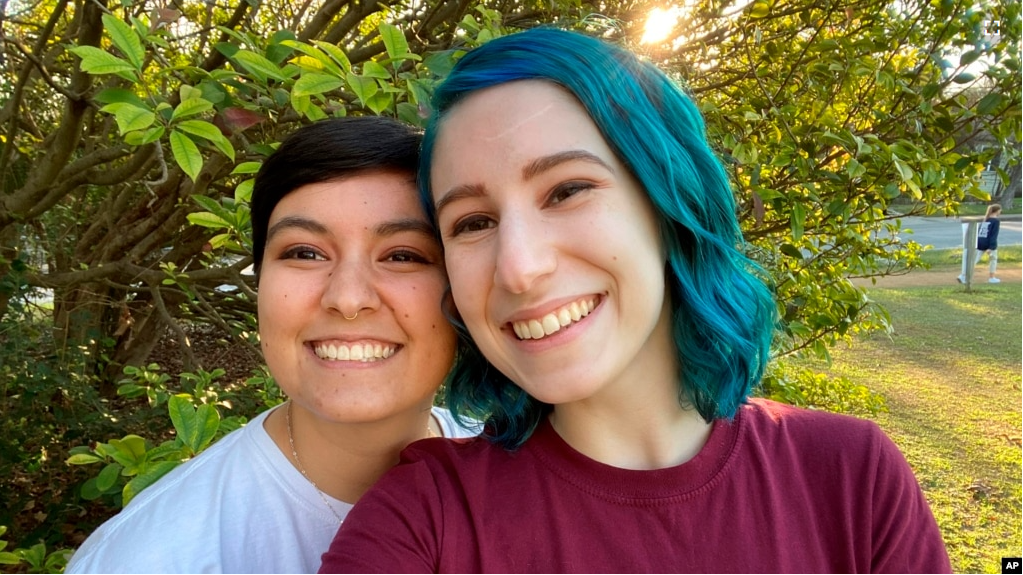Many young Americans are not seeking to have children of their own as birth rates in the United States remain near historically low levels.
A group of women who spoke with the Associated Press listed climate change, student debt and inflation as reasons they do not want to be parents.
Some young men said they also do not want to raise children. Some are considering medical operations that prevent fertility.
A government report found the U.S. birth rate fell four percent in 2020. That was the largest single-year decrease in nearly 50 years. The government reported a one percent increase in U.S. births last year. But the number of babies born was still lower than before the coronavirus pandemic — about 86,000 fewer than in 2019.
Jordan Davidson talked with more than 300 people for a book to be released in December. The book is called So When Are You Having Kids? She spoke to young people of both the Millennial generation and Generation Z. Millennials were born between 1981 and 1996 while Generation Z is just starting to reach adulthood.
The pandemic, Davidson said, led many young people to put off having children. Others say they do not want to have children at all.
She said many young people are not willing to change their plans or goals for children. She added, “People still want to travel. They still want to go to graduate school. They want to meet certain financial benchmarks.”
Davidson said fears about climate change have influenced many to consider the idea of living without children.
She said, “Now with increased wildfires, droughts, heat waves…what is this going to look like during the time that my children are alive?”
Among those Davidson talked with, concerns over the environment were far more common among the younger group. But financial concerns, she said, troubled both Millennials and Generation Z.
Davidson said, “There is a lot of fear around having children who would be worse off” than their parents.
At 24, El Johnson has decided that she will not have children. But she has not ruled out adoption.
The graduate student who works in legal services in Austin, Texas, has a list of reasons for not wanting to have a baby. They include the climate crisis and a genetic health condition.
Johnson said, “I don’t think it’s responsible to bring children into this world.” She added, “There are already kids who need homes. I don’t know what kind of world it’s going to be in 20, 30, 40 years.”
I’m Jill Robbins.
Leanne Italie reported this story for The Associated Press. Gregory Stachel adapted it for VOA Learning English.
_________________________________________________________________________
Words in This Story
benchmark – n. something that can be used as a way to judge the quality or level of other, similar things
drought – n. a long period of time during which there is very little or no rain
adopt – v. to take a child of other parents legally as your own child
